Damascus, Dec 09 (V7N) — Syrian President Bashar al-Assad has reportedly fled the country as rebel forces seized control of the capital, marking the end of 54 years of Assad family rule. His departure leaves Syria's political and military landscape in turmoil, with key allies Russia and Iran facing immediate risks to their assets and influence in the region.
Rebel forces stormed the Iranian embassy in the upscale Mazeh district of Damascus following Assad's flight. Although diplomats had already been evacuated, the building was ransacked. According to The Times of Israel, rebels vandalized the embassy, tearing down banners of Iranian leaders like General Qassem Soleimani and Hezbollah's Hassan Nasrallah.
Footage shared by Al-Arabiya revealed smashed windows, scattered documents, and looted items being loaded onto trucks. Images from Reuters depicted torn posters of Iran’s Supreme Leader Ayatollah Khamenei and other figures.
The fall of Assad poses significant challenges to Russia’s military presence in Syria, particularly its Hmeimim airbase in Latakia and the Tartus naval base. These facilities are critical for Moscow’s operations in the Mediterranean and its influence across Africa.
Russian war bloggers have raised alarms about the vulnerability of these sites. Blogger "Riber" warned that rebel forces might target Russian military bases, potentially causing substantial damage to Moscow's regional and global strategic interests.
The Tartus naval base, Russia’s only repair and supply hub in the Mediterranean, plays a key role in supporting Russian military contractors in Africa. Losing this asset would deal a significant blow to Russia's ability to project power in the region.
The collapse of the Assad regime is seen as a major setback for Russian President Vladimir Putin and Iranian leaders, who invested heavily in sustaining Assad's rule. The rebel advance signals a shift in the Middle East’s power dynamics and threatens to destabilize Russian and Iranian influence in the region.
As rebel forces consolidate control in Damascus, the focus shifts to how they will approach Russian and Iranian assets in the coming days. Both nations are expected to take measures to secure their interests in Syria while preparing for possible escalations.
The unfolding situation in Syria underscores the fragile geopolitical balance in the Middle East and raises questions about the long-term stability of the region.
END/RH/AJ



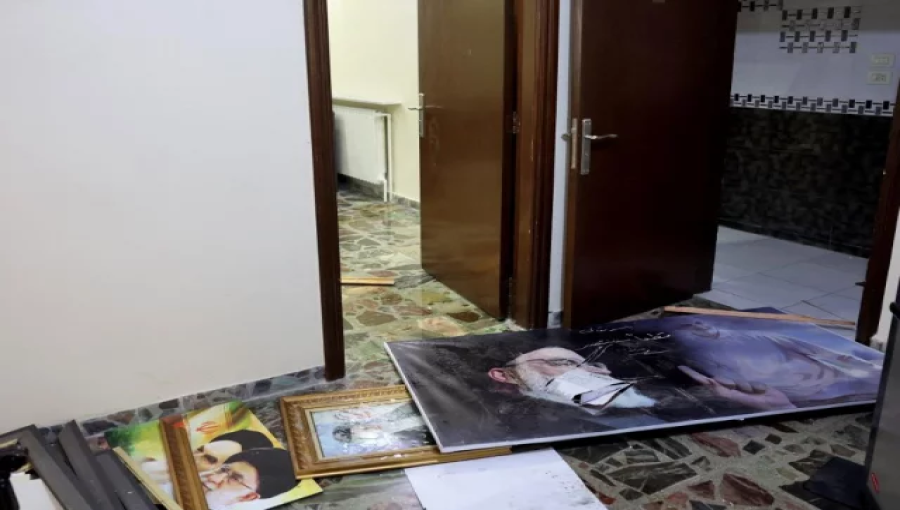






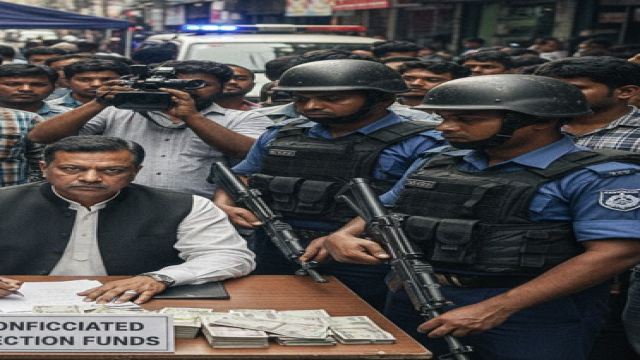

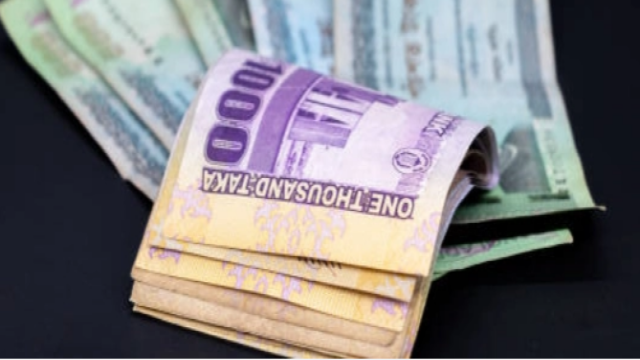




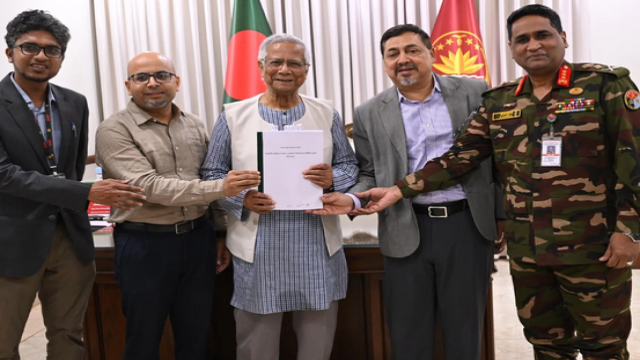
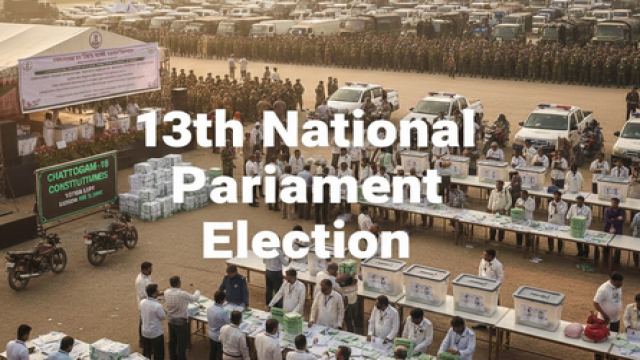
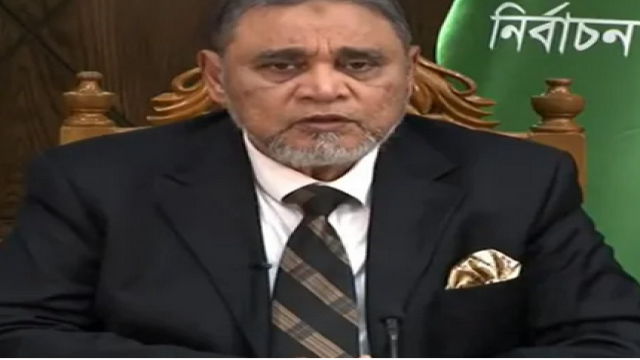











Comment: